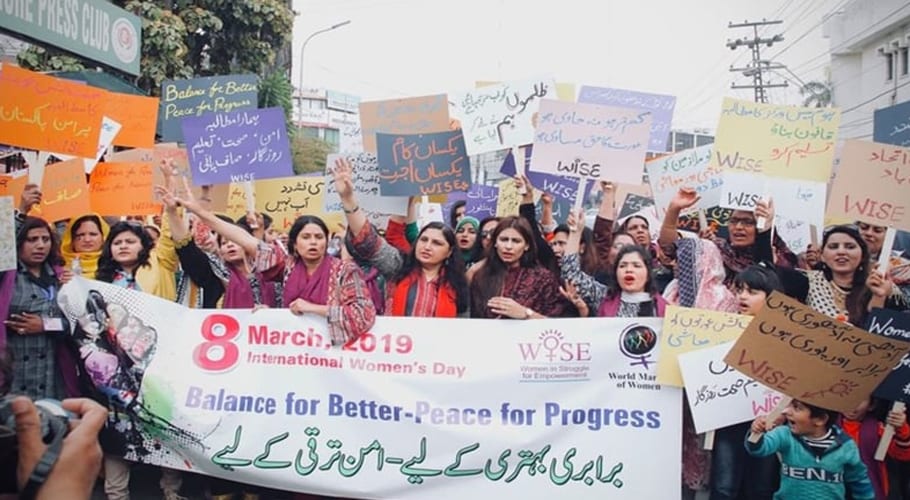Aurat March – An overview
Related Stories
Trending Stories
Opinion
June 27, 2025
- Munir Ahmed
June 26, 2025
- Munir Ahmed
June 25, 2025
- Dr. Muhammad Shahbaz
No posts found
Will Karachi receive more rain today?
Yes, cloudy skies currently cover most parts of Karachi, and according to the Pakistan...
Gold rates in Pakistan today- Friday, 27 June 2025
The following are the current gold rates in Pakistan on Friday, June 27, 2025....
Bykea introduces digital payment to promote cashless mobility
Ride-hailing service provider Bykia has announced that it is introducing digital payment for all...
MM Digital (Pvt.) Ltd.
MM News is a subsidiary of the MM Group of Companies. It was established in 2019 with the aim of providing people of Pakistan access to unbiased information.
Contact Details: 03200201537




































